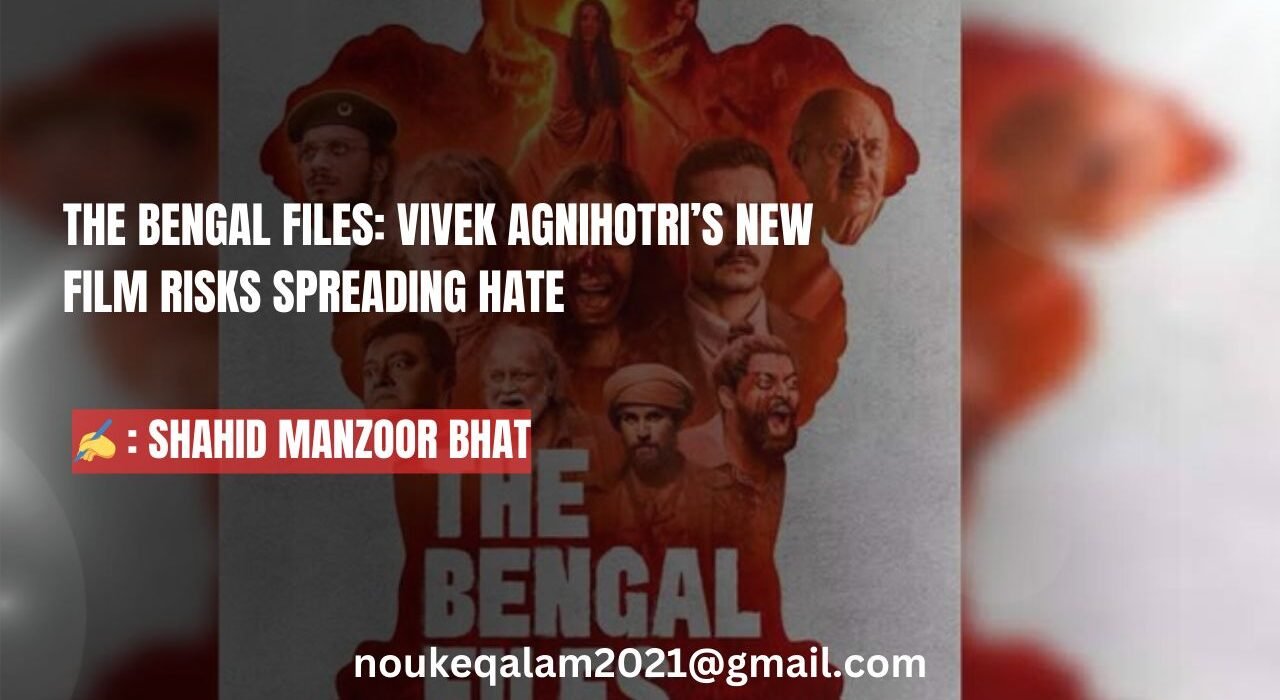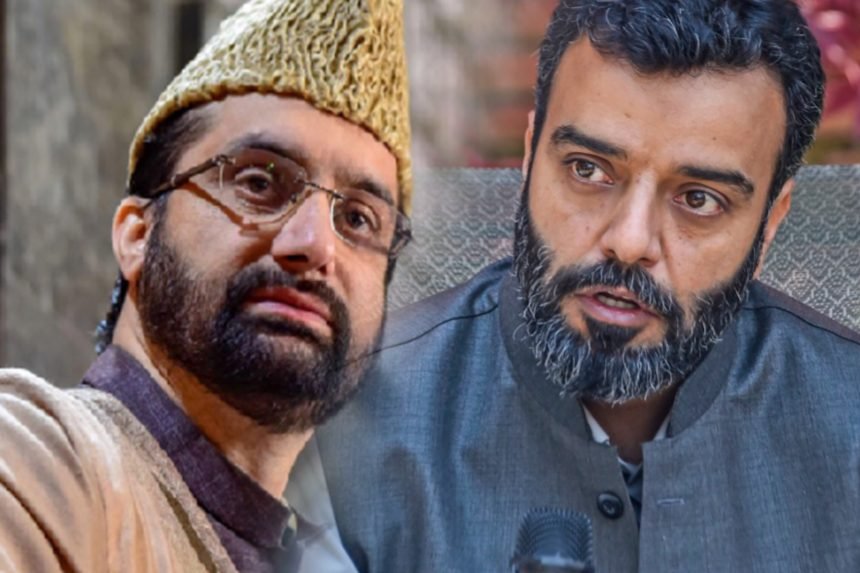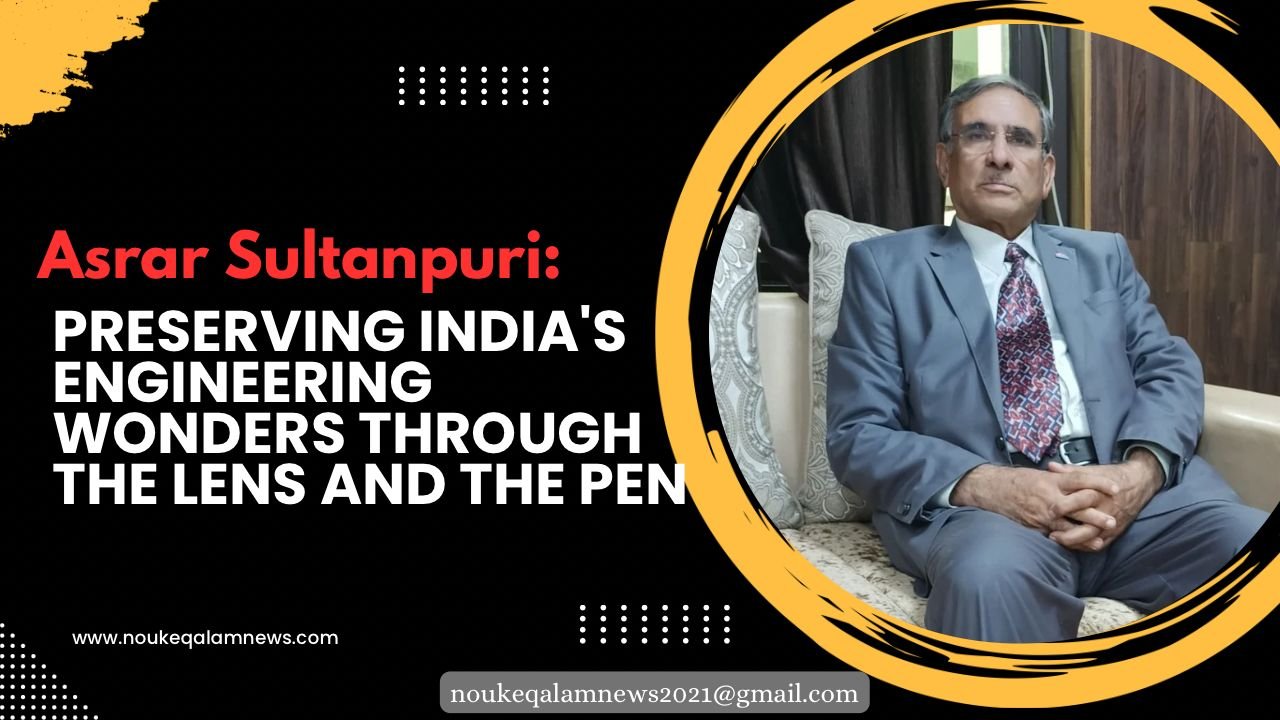✒️: Shahid Manzoor Bhat
On August 16, we recall the tragic Direct Action Day of 1946, when Kolkata saw terrible riots between Hindus and Muslims. This year, filmmaker Vivek Agnihotri chose this sensitive day to announce his new movie, The Bengal Files, set for release on September 5, 2025. He says it will show the “buried story of Hindu genocide” from those riots. But his earlier films, The Kashmir Files and The Kerala Story, make it hard to believe this will be a fair story. Instead, it seems like another attempt to create anger between Hindus and Muslims.
In 1946, the Muslim League called for Direct Action Day to demand Pakistan. It was meant to be peaceful, but angry speeches sparked four days of violence in Kolkata, called the Great Calcutta Killings. Around 4,000 to 10,000 people—Hindus, Muslims, and others—died. Many lost their homes. The violence began with attacks on Hindus, but soon both sides were fighting. It wasn’t just one group against another; it was a messy tragedy where all suffered. The British, who divided communities to rule, and local leaders who spread hate, were to blame.
The Bengal Files focuses only on Hindu pain, calling it a “genocide.” This isn’t the full truth. History shows both Hindus and Muslims were victims and attackers. By telling one side’s story, Agnihotri twists the truth, like in The Kashmir Files. That film, about Kashmiri Pandits’ exodus in the 1990s, showed Muslims as the only villains, ignoring militancy and government failures. Actor John Abraham, known for Parmanu, called The Kashmir Files and The Kerala Story propaganda, saying they divide people, not heal.The Kerala Storywas criticized for lying about Hindu women in Kerala being radicalized, scaring people about Muslims. Both films caused harm—after The Kashmir Files, some audiences shouted anti-Muslim slogans, and hate crimes rose.
Agnihotri launched The Bengal Files trailer on Direct Action Day, feeling like a jab at old wounds. The Kolkata event was stopped twice—once for sabotage, once by police. This timing and focus on “Hindu genocide” seem meant to stir anger. Bengal, where Hindus and Muslims have lived together, needs stories that unite. Let’s remember all who suffered on Direct Action Day.





